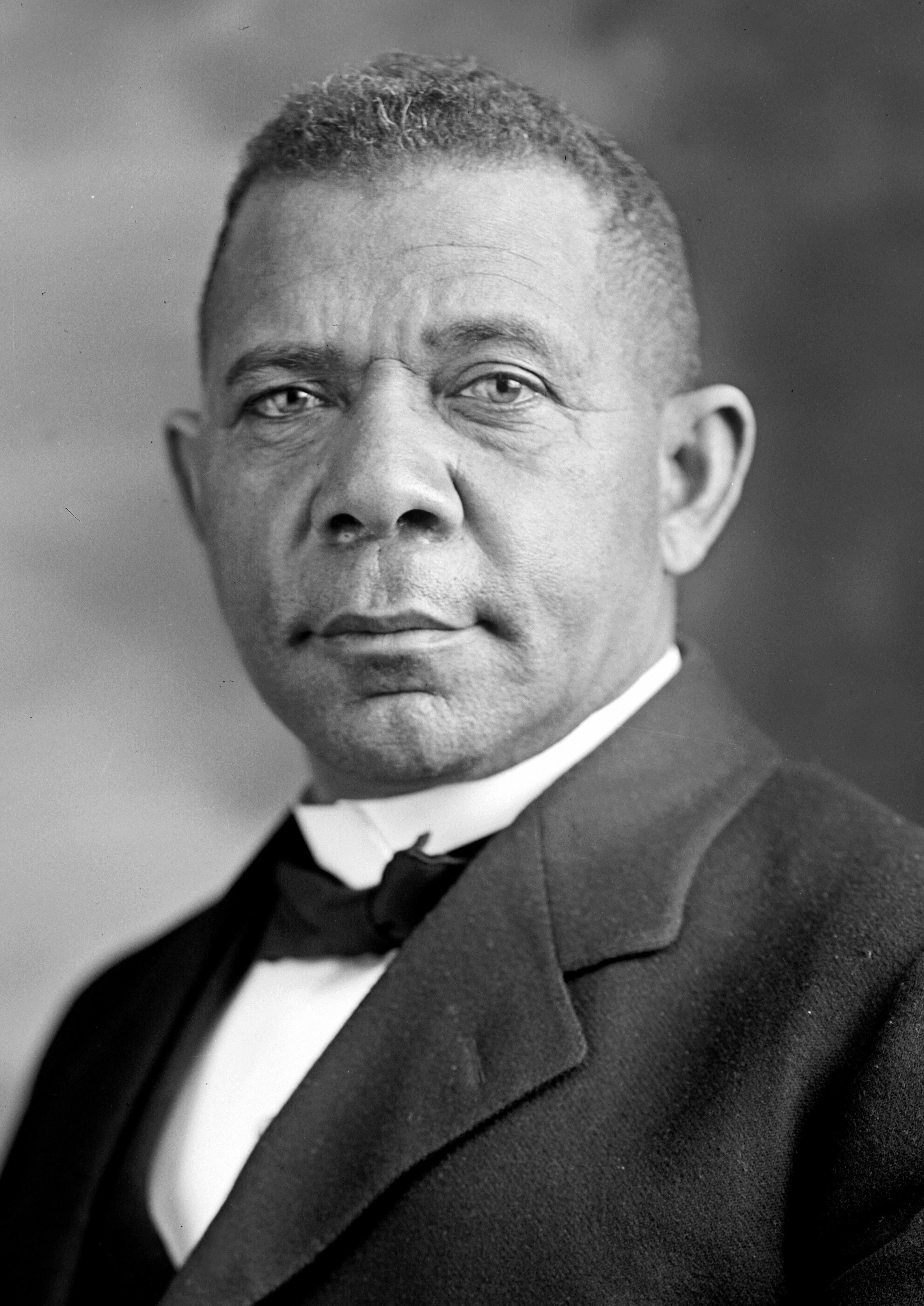Cultural and
Social Transformations, 1870-1915
Along with the growth of industry and urban areas in the late 1800’s came
a host of other changes. More children began attending schools, and college
later, which became an attainable goal for a growing number of students. A recreation
industry, which borrowed heavily from African American culture, emerged to meet
the needs of the new urban workers. Yet some segments of society remained mired
in the mud of old discriminatory attitudes, refusing to grant suck group as women
and African American an equal chance at success. Education was a lofty goal
that was out of reach for most nineteenth century Americans. As the century
came to a close, more and more Americans, including women and minorities,
gained the opportunity to learn and grow academically. The growing urban
working class took its recreation seriously in the late 1800’s. Entertainment
and sports became new industries that careened onto the American scene and
collided with more restrained values. White society proved a quiet resourceful
at finding ways to repress African Americans in the years after Reconstruction.
Although many African Americans demonstrated an even great will to rise above
the discrimination and hate. Although there were great advances and
developments in society, women for example did not have a change on economic
and political inequalities they face. This contradiction fueled great debate at
the turn of the century.
Americans adopted democracy as their
new way of government. However, without having all of their citizens educated,
the idea of democracy was not that effective. In order to have a more
democratic state, the American society started supporting education by the late
1800s. Education offered job opportunities, economic and social success which
favored not only the individual but the nation as well. Besides an educated
society, other aspects of society highlighted in the 1800, entertainment and
sports became popular forms of recreation. Among the ramifications of
entertainment the saloons, trolley parks, dance halls and cabarets were the
ones enjoyed the most by the people.
African Americans had a rough time
fitting into society since there have always been suppressing them into such
institution. However, they have been able to stand up and rise throughout
history proving they are equal or even better than many. The Ku-Klux-Klan began
terrorizing the African American community in the late 1800's. It is an
organization that still exists in the modern day and an example of groups of
people rejecting the African Americans.
In the 1800's, there was said to be
“equality” for women. However, this was a faux statement since it was not
happening in its totality. Economic and political inequalities were influential
factors for the mistreating of women. The female gender has had a bumpy road
throughout history as well as the African Americans in order to reach their
rights.
 Booker T. Washington
Booker T. Washington
At the turn of the century, a
balance emerged between the desires of the masses to amuse themselves and more
elite groups to preserve old codes of behavior. Public amusements, however,
would remain a prime area of contention between diverse ethnic, racial, class
and generational groups in the decades ahead. Also the African American
community started to raise and become a voice in society, not waiting for
things to happen, but now making things happen instead. Another aspect which
made the United States become a country that would distinguish from the rest
would be the expansion of opportunities; this made the difference in the United
States compared to other countries which were also developed. Once again we see
how the US starts to become a true world leader and power due to the
opportunities and advances in technology and society.